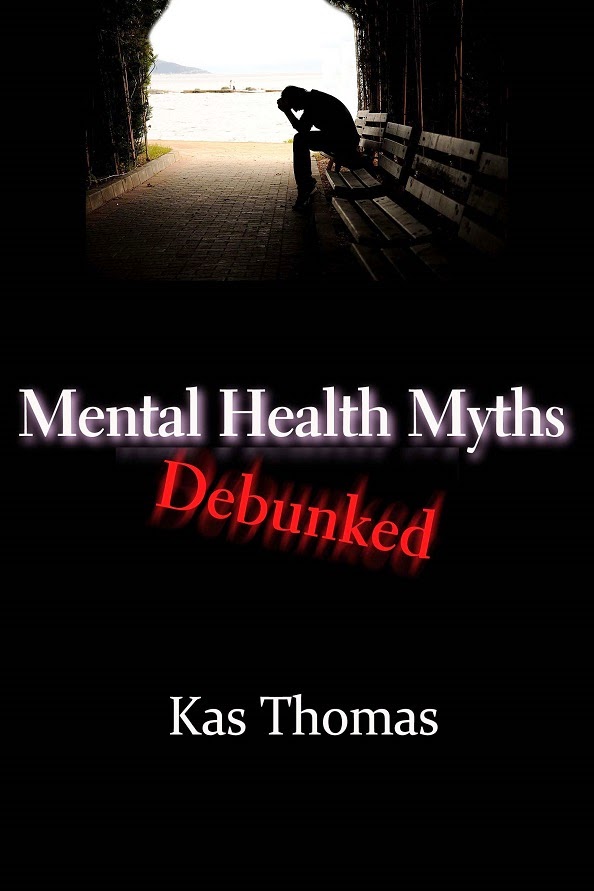The past five years have seen a radical shift in the kinds of issues generating distress in our clients: increasing inequality and outright poverty, families forced to move against their wishes, and, perhaps most important, benefits claimants (including disabled and ill people) and those seeking work being subjected to a quite new, intimidatory kind of disciplinary regime.
Where this includes the linkage of social security benefits to the receipt of “state therapy”, as announced in the chancellor’s latest budget, this is totally unacceptable. “Get to work therapy” is manifestly not therapy at all. [...] It is time for the field’s key professional organisations to wake up to these malign developments, and unequivocally denounce such so-called “therapy” as damaging and professionally unethical.The letter comes in response to a Conservative manifesto that contains, among other things, language saying benefits may be withheld if people don't conform to state-recommended treatments.
More generally, the wider reality of a society thrown completely off balance by the emotional toxicity of neoliberal thinking is affecting Britain in profound ways, the distressing effects of which are often most visible in the therapist’s consulting room. This letter sounds the starting-bell for a broadly based campaign of organisations and professionals against the damage that neoliberalism is doing to the nation’s mental health. For now, we call on all the parties in this election – and particularly Labour – to make it clear that they will urgently review such anti-therapeutic practices, and appropriately refashion their much-trumpeted commitment to mental health if and when they enter government.
People who might benefit from treatment should get the medical help they need so they can return to work. If they refuse a recommended treatment, we will review whether their benefits should be reduced. We will also provide significant new support for mental health, benefiting thousands of people claiming out-of-work benefits or being supported by Fit for Work."Significant new support for mental health" means, for example, rolling out more online Cognitive Behavioral Therapy courses.
The British electoral debate provides an interesting contrast to American politics. Who, in America, would think to accuse Washington of instituting policies that drive up health costs by making people crazy? Here in the States, we tend to stick with simpler things like ad hominem attacks and what a candidate ate for lunch.
Eventually, though, we'll get around to discussing real issues. And yeah, it would be nice if that included topics around mental health.
☙ ❧
 Tired of lies and half-truths about mental illness? Arm yourself with some facts. Check out my free book Mental Health Myths Debunked.
Tons of info, tons of live links, lots of straight talk about
depression, suicide, meds, therapy, psychiatry, mental health trends, statistics,
and more. And you know me, I call bullshit on bogus ideas (then give
URLs to the actual data, so you can weigh the evidence for yourself). The idea that antidepressants take weeks to do
anything? Myth. Most people benefit from antidepressants? Myth.
Antidepressants separate from placebo in clinical trials? Largely myth.
(Half the trials show separation. Half don't.) Electroshock therapy is
safe and effective? Bigtime myth. ECT is dangerous and consent forms are based on obsolete data. But don't take my
word for it: Read the science for yourself. It's all laid out (with
references) in the book. Download ePub or PDF now at NoiseTrade. Tell a friend.
Tired of lies and half-truths about mental illness? Arm yourself with some facts. Check out my free book Mental Health Myths Debunked.
Tons of info, tons of live links, lots of straight talk about
depression, suicide, meds, therapy, psychiatry, mental health trends, statistics,
and more. And you know me, I call bullshit on bogus ideas (then give
URLs to the actual data, so you can weigh the evidence for yourself). The idea that antidepressants take weeks to do
anything? Myth. Most people benefit from antidepressants? Myth.
Antidepressants separate from placebo in clinical trials? Largely myth.
(Half the trials show separation. Half don't.) Electroshock therapy is
safe and effective? Bigtime myth. ECT is dangerous and consent forms are based on obsolete data. But don't take my
word for it: Read the science for yourself. It's all laid out (with
references) in the book. Download ePub or PDF now at NoiseTrade. Tell a friend.
☙ ❧




















































































































Have you added your name to our mailing list?
Also please visit HackYourDepression.com when you have a chance, and share that link with someone you know who might be suffering from anxiety or depression.